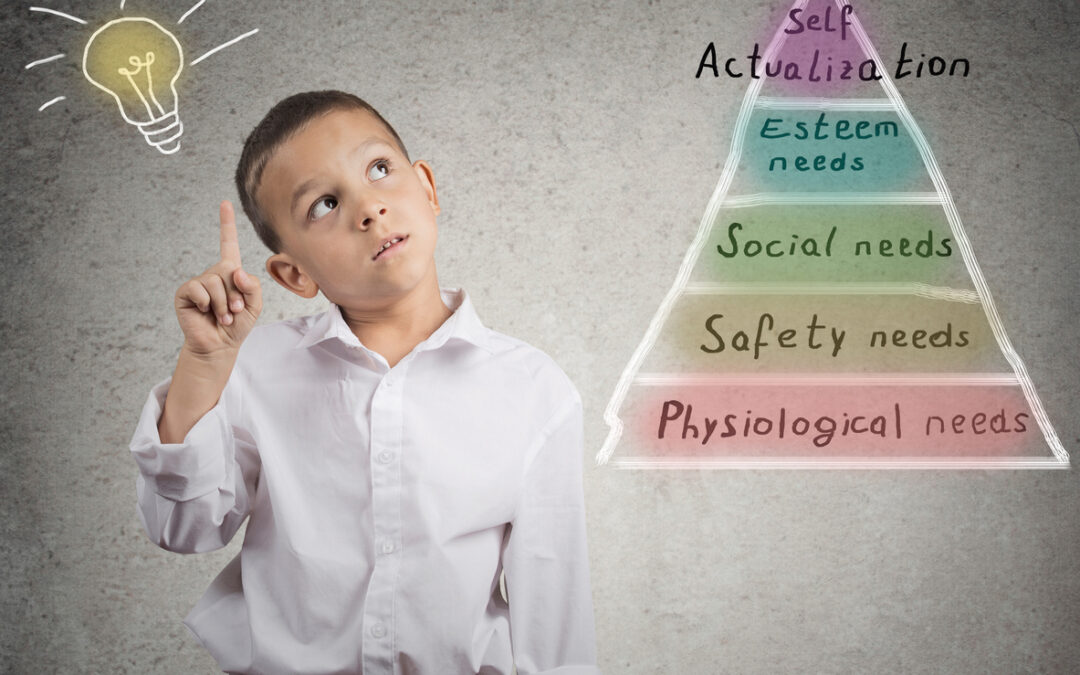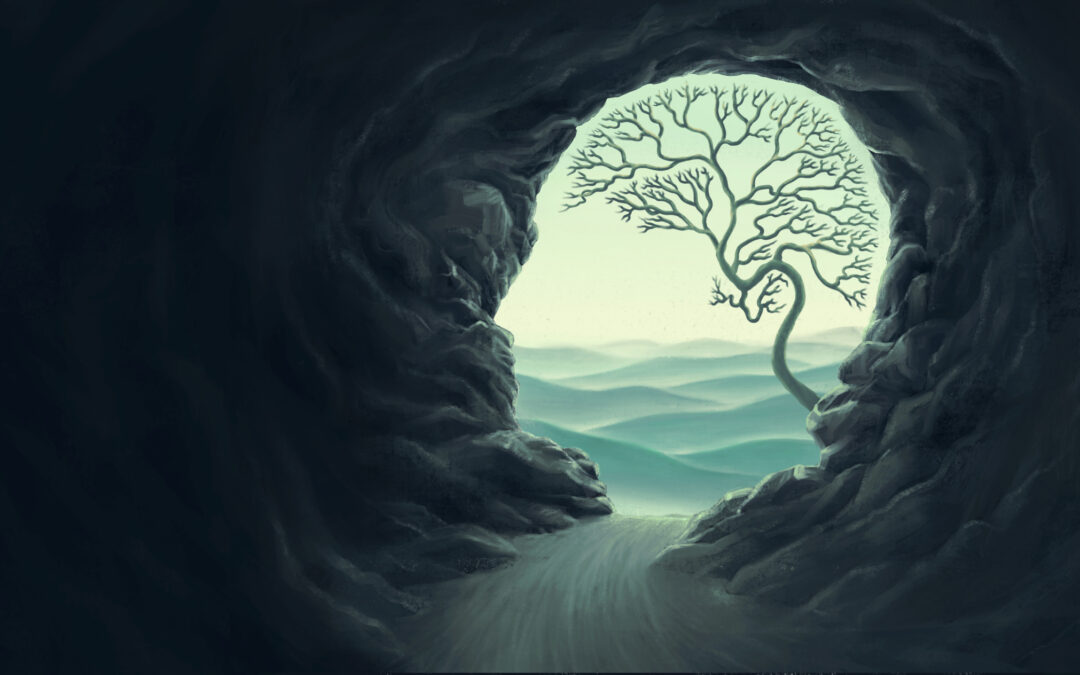When I am among the trees,
Especially the willows and the honey locust,
Equally the beech, the oaks and the pines,
They give off such hints of gladness
I would almost say they save me, and daily.
Excerpt, “When I Am Among The Trees” by Mary Oliver
We live in a world that allows us immediate, constant access to Internet spaces. This offers us accessibility, economic opportunity, entertainment, cultural exchange, education, and productivity. However, for as many benefits as there are, we’re also presented with challenges – Cognitive overwhelm, social isolation, distraction. Worldwide, we spend an average of six hours and 40 minutes per day on screens, and we average five or fewer hours in nature per week.
Research shares with us a wealth of information about how nature is beneficial for our emotional and cognitive health. When we disconnect and get ourselves into nature, we are happier, perform better on tasks, feel more energized, and experience real-time, literal connection to the world around us. The biophilia hypothesis (“biophilia” literally means love of life or love of living systems) suggests that humans have an innate tendency to seek connection with nature and other forms of life. This hypothesis states that spending time in nature triggers a physiological response that lowers stress levels. We have many studies that show humans perform better on cognitive tasks while listening to nature audio, pausing to view nature scenes, and green spaces adjacent to schools boost cognitive development in children. We know that adults perform better on work-related tasks when they, too, have access to green spaces.
Nature helps us feel joy, we become more creative, and moving our bodies further supports the metabolization of emotion. Neuroimaging studies have shown that being in nature activates regions of the brain associated with empathy and emotion regulation.
Back to social media for a sec – It’s important to acknowledge that we often see posts in the Internet space about folks who mountain climb, backpack across countries, and live on sailboats. It’s easy to engage in comparison and think of ourselves as not doing enough when we aren’t able to participate in viral-video-worthy feats. But, the nervous system doesn’t discriminate between the leaf on the tree at the top of the mountain and the leaf on the tree outside of your home.
Nature is everywhere, and can be free or low-cost to access. Some ideas, just to name a few:
- Sitting next to an open window
- Reading a book outside
- Picnicking with a loved one or friend
- Water balloon fight!
- Birding
- Journaling outside
- Hopscotch
- Disc golfing
- Running and/or walking
- Stargazing
- Laying in the grass and watching the clouds
- Gardening

Coping with Scarcity and Scarcity Mentality
Are you among the millions of people that have lost work since a state of emergency was declared last month? Employment numbers keep rising across the country. And those numbers don’t account for those whose applications for unemployment remain in limbo. There is an...

Pandemic Survival Skills from an Anxiety Counselor
As we adjust to a new normal that includes self-quarantining, a shift in plans and routines, and significant uncertainty, it’s important to find ways to maintain our mental and emotional health. We’ve gathered some recommendations here, but strongly encourage you to...

Why I Think “Worthless” Isn’t a Feeling AND Why that Matters
Have you ever been so dejected or depressed that you began to question your worth as a person? What triggered that moment for you? Was it: A rejection, break-up, or abandonment? A harsh word or critique that hit like an arrow in the heart? A failure to live up to your...

What Is An Extroverted-Introvert – And Are YOU One?
Are you one of those people who has never quite felt like an introvert but are definitely not an extrovert? Have you read descriptions of either personality and thought, “Mmmm, close, but not quite?” If so, you might be what is called an extroverted introvert (EI)....

3 Common Misconceptions About Therapy
Until quite recently, people were uncomfortable discussing therapy because of the stigma attached by our society. As a result, there are still some fairly big misconceptions about it. Here are 3 of the most common misconceptions about therapy to help you feel more...

